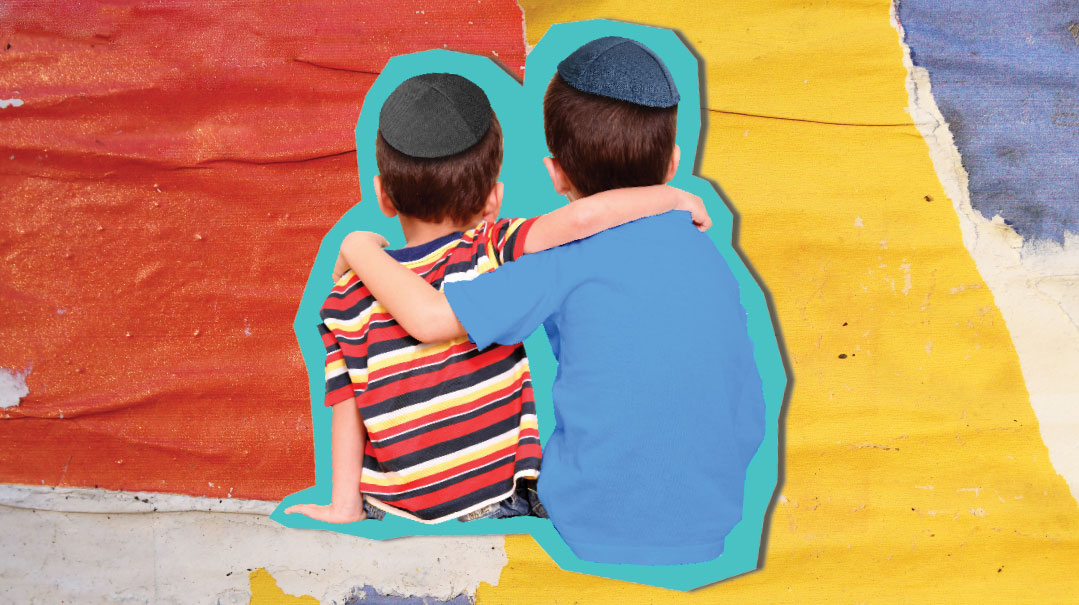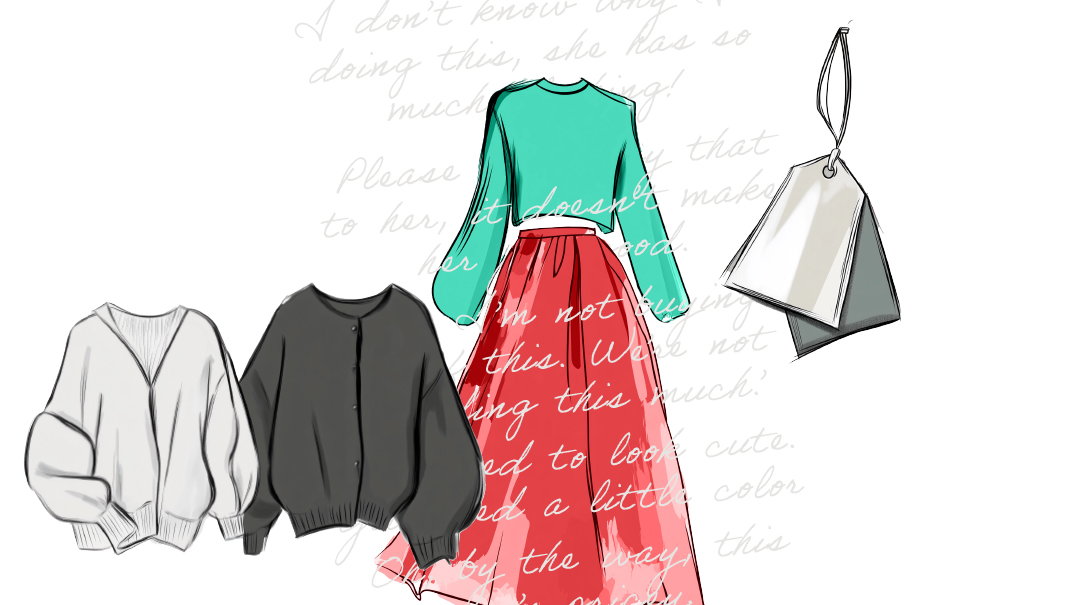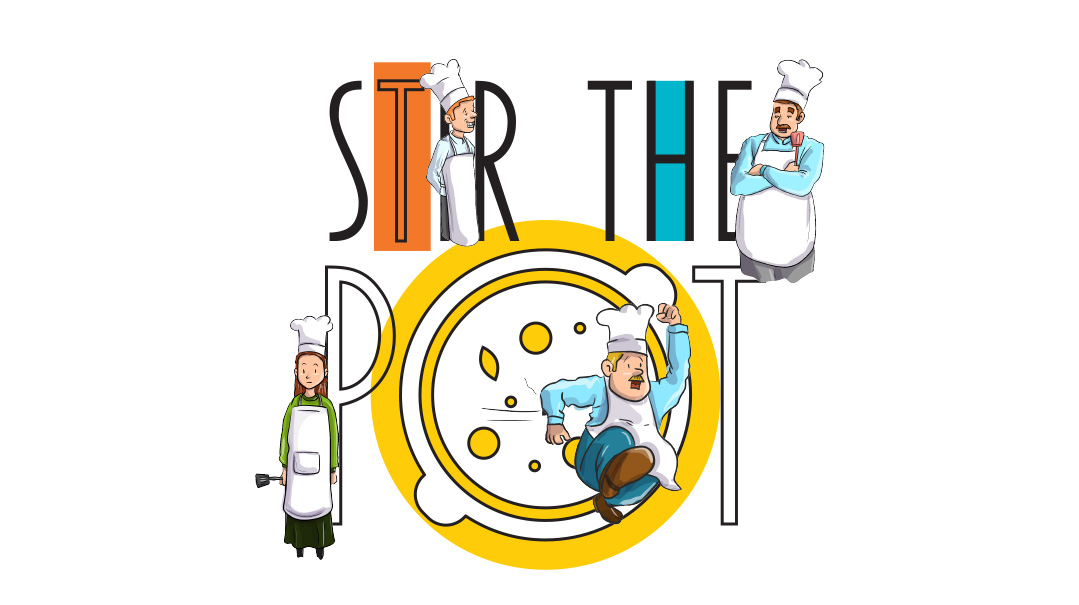See if I Care
| November 25, 2020Lead your child in the shift from insensitive to empathetic. Expert mechanchim offer us the principles using four common scenarios

Meet our experts
Rabbi Yaakov Bender, Rosh Yeshivah of Yeshiva Darchei Torah, Far Rockaway, is a world-renowned mechanech and orator. He’s the author of Chinuch with Heart, Chinuch with Chessed, and The Chinuch Haggadah.
Rabbi Yitzchok Levenspil MSCC, NCC, has experience working with children, adolescents, and adults both within the chinuch system and in clinical settings. He maintains a private practice as a psychotherapist in the Jerusalem area and sees clients both in person and remotely. He’s also a rebbi in Yeshivas Toras Moshe and hosts various workshops.
Mrs. Bassheva Rosen BA, MEd (SEBD) runs a private practice in Manchester, UK, addressing social, emotional, and behavior difficulties in education. She offers assessment, intervention, and training for schools, families, and individuals in the area of social communication, and takes particular interest in working with individuals with high-functioning autism-spectrum conditions.
Mrs. Dassi Weiner is the elementary school principal of Yeshivas Toras Emes, LA. She created and runs the revolutionary “Raise the Bar” program, which educates and inculcates the key values of respect and inclusion in her students.
Mrs. Simi Yellen has been positively transforming homes through her parenting classes and private consultations for almost 20 years. Her series, entitled “Raise the Bar Parenting,” enables parents to raise respectful, responsible, and cooperative children through curtailing arguing and chutzpah.
My five-year-old son was very excited when I came to pick him up from preschool. He came rushing out to show me the craft project he’d made that day. On his way, though, he accidentally knocked over another kid’s project — which broke beyond repair.
The other child burst into tears. My child’s reaction really bothered me. He looked back a bit blankly, then shrugged and walked away, holding his own project out proudly for me to see.
I’m disturbed he didn’t show some regret for breaking the other child’s project and making him cry. How can I help him make amends appropriately and feel empathy for what happened to his friend?
Mrs. Simi Yellen
Firstly, don’t be too worried! Empathy skills don’t come naturally to every child. When it doesn’t come naturally, it’s up to the parent to teach it, to help the child’s empathy develop.
How is this done?
Some children have a hard time understand the concept of “other.” Other people’s feelings and emotions simply don’t exist in their world. Parent need to introduce this idea and help the child develop this understanding. Tapping into a child’s imagination is helpful in this regard; really recreating the experience for them, putting them in the other person’s position.
In the above example, when they got home, after the child has eaten something and got settled, the mother could say something like, “The project you made today was so well done! I love the colors you chose! It looks like you put a lot of time into making it. (Pause) How would you have felt if someone knocked it over and ruined it?”
With a child this age, literally taking out a different “pair of shoes” and saying, “Now let’s pretend we’re putting on Yaakov’s shoes. How do you think Yaakov feels about his ruined project? Do you think he’d feel better if we called him to say I’m sorry or made him a card?”
Here’s another example: I work in a school where one class was preparing for a costume party. The class was small, only ten students, and the day before the party, one of the girls wasn’t feeling well. Her mother called me to discuss how we could make her a part of the party “long-distance,” but instead, we decided to push off the party so she’d be able to fully participate. It was a matter of a few days, and I knew the rest of the class would be disappointed. So I pre-empted the inevitable response with the following discussion.
I explained to the class that the party was canceled because their friend wasn’t able to come to school that day. I used the opportunity to discuss feelings: How would you feel if you were the one sick at home today? Wouldn’t you want the rest of the class to be understanding and to postpone the fun until you were able to make it?
There wasn’t a single complaint from the class, despite the fact they didn’t know about the party’s postponement until that very morning!
Mrs. Bassheva Rosen
Between the ages of three and four, a typically developing child will begin to show an emerging understanding of others’ emotions and start to demonstrate different levels of empathy. However, much of the groundwork is laid during attachments formed in infancy.
A baby whose physical and emotional needs are responded to promptly and effectively will begin to learn how to soothe himself. Just as talking to an infant helps him learn language, soothing him helps him learn to comfort himself and, eventually, to comfort others. Empathy, the skill the mother in the above scenario is expecting from her child, emerges with consistent and caring relationships over several years.
While many young children are sensitive to the feelings of others, they don’t actually experience a feeling of empathy. Uri might cry when his mother leaves, and Gavi, who is a similar age, may begin to feel sad. Uri’s anxiety has triggered a similar feeling in Gavi. Although he’s been affected by Uri’s tears, he’s not yet aware of why he’s upset and has no urge to comfort his friend.
But young children do learn how to demonstrate empathy by watching and imitating the adults who care for them. When Gavi’s little sister falls and hurts her hand, he will come close and watch as Mommy comforts her. In time, he will use his mother’s actions as his own default behavior for comforting others.
Empathetic behavior needs to be repeatedly demonstrated by parents and teachers and encouraged in children so that it becomes part of their natural behavior.
The parent in the above scenario should use the opportunity as a teachable moment, rather than simply expecting the child to behave in the ideal manner. The mother should describe how the other child is feeling: “Oh, look! Yaakov is feeling sad because his project broke.” This will help her child become more aware of the feelings of the people around him. The mother can then gently guide the child to behave in an empathetic manner: “Let’s see what we can do to help Yaakov feel better. What do you think?”
By problem-solving together, the child is given the support to enhance his newly developing empathic communication and lay the foundation for healthy interpersonal relationships as he grows up.
My family enjoys playing board games together, and my kids often invite friends to join us. While most of us are mainly focused for the fun and camaraderie, I have one son who is extremely competitive. He takes playing games to an extreme, competing fiercely and focusing intently on the goal: winning. When he does win, which is often, he expresses his triumph vocally. I’m concerned that he doesn’t realize his friends or siblings might be upset. How can I help him become a more empathetic winner, and react differently even in the excitement of winning?
Oops! We could not locate your form.












